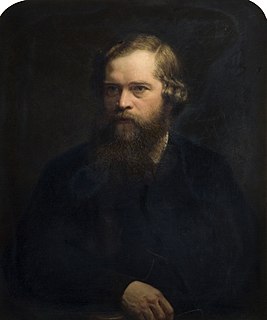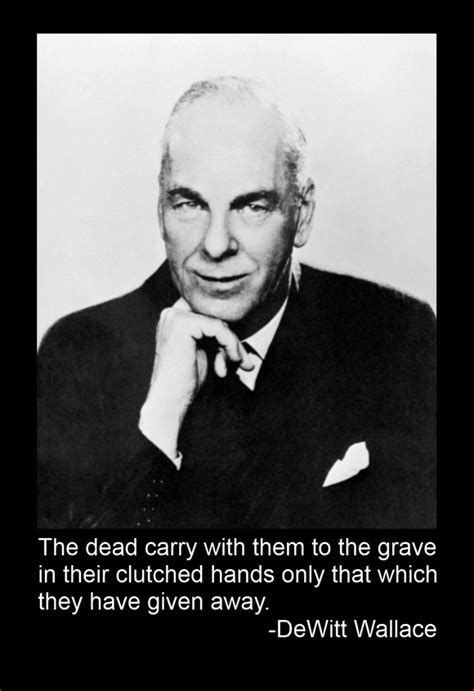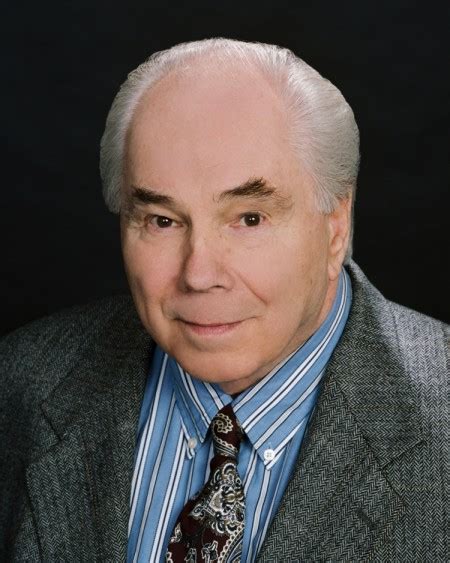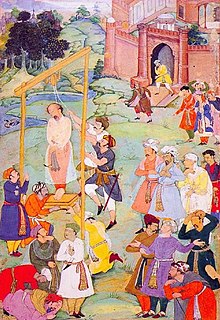A Quote by Suzanne Curchod
Love is the only possession which we can carry with us beyond the grave.
Related Quotes
We hear much nowadays as to the speculative ideas of men concerning the condition beyond the grave; but the admission that there is an individual existence beyond the grave, is a declaration that there must have been an individual, intelligent creation before we came here in the flesh. Life beyond the grave postulates a pre-existent state.
The only things in which we can be said to have any property are our actions. Our thoughts may be bad, yet produce no poison; they may be good, yet produce no fruit. Our riches may be taken away by misfortune, our reputation by malice, our spirits by calamity, our health by disease, our friends by death. But our actions must follow us beyond the grave; with respect to them alone, we cannot say that we shall carry nothing with us when we die, neither that we shall go naked out of the world.
The only humility that is really ours is not that which we try to show before God in prayer, but that which we carry with us, and carry out, in our ordinary conduct; the insignficances of daily life are the importances and the tests of eternity, because they prove what really is the spirit that possesses us.
I compare the troubles which we have to undergo in the course of the year to a great bundle of sticks, far too large for us to lift. But God does not require us to carry the whole at once. He mercifully unties the bundle, and gives us first one stick, which we are to carry today, and then another, which we are to carry tomorrow, and so on. This we might easily manage, if we would only take the burden appointed for us each day; but we choose to increase our troubles by carrying yesterday's stick over again today, and adding tomorrow's burden to our load, before we are required to bear it.
Religion is the vision of something which stands beyond, behind, and within, the passing flux of immediate things; something which is real, and yet waiting to be realised; something which is a remote possibility, and yet the greatest of present facts; something that gives meaning to all that passes, and yet eludes apprehension; something whose possession is the final good, and yet is beyond all reach; something which is the ultimate ideal, and the hopeless quest.
Love is in the pleasure of possession, but in the Love of Allah there is no pleasure of possession, because the stations of the Reality are wonderment, the cancelling of the debt which is owed, and the blinding of vision. The Love of the human being for God is a reverence which penetrates the very depths of his being, and which is not permitted to be given except to Allah alone. The Love of Allah for the human being is that He Himself gives proof of Himself, not revealing Himself to anything that is not He.






































